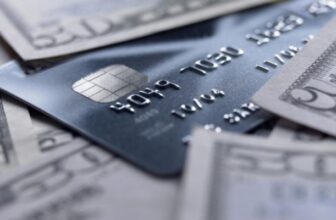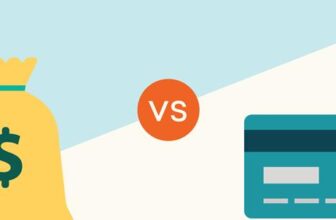
When filing for Chapter 7 or Chapter 13 bankruptcy, it is important to have a good understanding of how your assets will be treated in the process of repaying and discharging your debts. Without carefully considering the manner in which state and federal exemptions apply to your home, car, and other assets, you may find bankruptcy to be more costly or less feasible than anticipated.
Chapter 7 bankruptcy is frequently referred to as liquidation bankruptcy, as the bankruptcy trustee appointed to your case by the court is obligated to liquidate all non-exempt assets in your possession in order to repay your unsecured creditors. Understanding your exemptions in Chapter 7 will mean the difference between sacrificing your property for liquidation and retaining that property after the bankruptcy.
The trustee in a Chapter 13 bankruptcy will not sell your non-exempt assets in order to pay your creditors. Instead, the full value of your non-exempt assets must be paid to your unsecured creditors over the course of your repayment plan. This number is the minimum amount that you can pay to your unsecured creditors and have your plan confirmed by the court, so understanding how to maximize your exemptions is essential.
The following are five of the most useful bankruptcy exemptions available to debtors:
1. The Homestead Exemption
Among the various property that is eligible for exemption in bankruptcy, your home is one of the primary possessions which the government allows you to protect. Depending on the state you are filing in, you may be able to exempt an unlimited amount of equity in your home or only a small amount. The federal exemption is currently $21,625, and while several states allow you to use either the state exemption or the federal one, many only permit you to use the relevant state exemption.
2. The Motor Vehicle Exemption
Different states allow different amounts of exemptions on motor vehicles, which can help you to protect your car in the course of a bankruptcy. If your equity in the vehicle exceeds the amount you can exempt, then the trustee in a Chapter 7 bankruptcy will sell the car to pay your unsecured creditors. In Chapter 13, the amount of non-exempt equity will be added to the minimum payment to your unsecured creditors in your repayment plan.
3. The Retirement Plan Exemption
A 2005 overhaul of bankruptcy law declared virtually all types of retirement accounts and pension plans exempt from creditors, meaning that they cannot be used to pay your creditors in Chapter 7 and do not increase the amount to be paid to your unsecured creditors in Chapter 13.
4. The Tools of the Trade Exemption
Bankruptcy is not intended to strip a debtor of their ability to make a living, and the tools of the trade exemption represents this concept. Approved tools of the trade consist of machinery, tools, professional libraries, specialized equipment and furniture, working animals, and vehicles which are used directly in the course of your business.
5. The Wildcard Exemption
The set of Federal exemptions and the exemption rules of several states in include a “wildcard” exemption which is not limited to any particular type of property. The wildcard can typically be applied when the stated exemption for a particular property type is insufficient to protect your full equity in the property, or on any other items you choose to exempt.
Before moving forward with a bankruptcy filing, be sure that you fully understand the details of your finances and how bankruptcy exemptions can work in your favor. A bankruptcy lawyer can help guide you through the process and ensure that you are taking full advantage of the exemptions available to you under state and federal law.
Carlos is an experienced legal blogger who focuses his writing on how the services of a bankruptcy lawyer can help a person overcome difficult financial circumstances.





